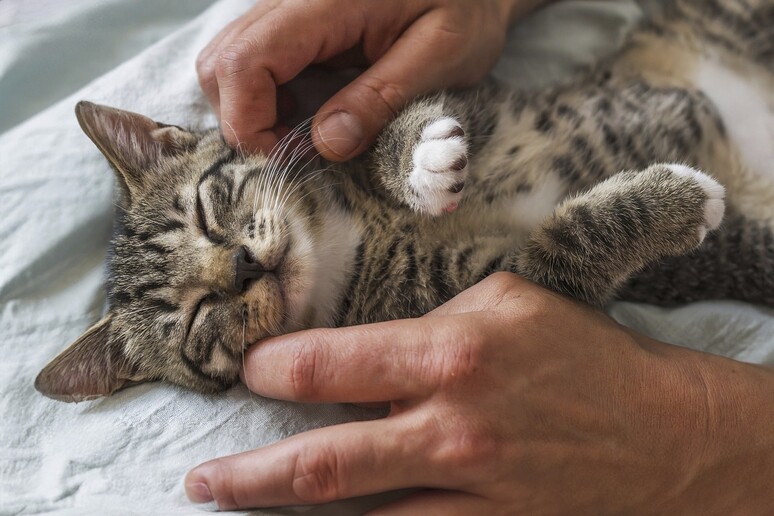New York City could soon become one of the first cities to allow employees to use their paid sick leave not just for themselves or their family members, but for their pets. The proposal, championed by Democratic Councilman Shaun Abreu, aims to update the city’s existing Earned Safe and Sick Time Act. If passed, it would recognize pets and service animals as deserving of care during work hours, just as human family members are.
“Good public policy encourages good behaviors,” Abreu explained in an interview with Newsweek. “In this case, we have an opportunity to use our existing sick time law to encourage pet ownership, which offers cascading benefits for our health and mental health.” He further pointed to studies that show how owning pets reduces cortisol levels, a key stress-regulating hormone, and improves mental health. For Abreu, the connection is simple: “Keeping our pets healthy keeps us healthy.”
According to the American Pet Products Association, two-thirds of U.S. households now have pets. Many New Yorkers, navigating the stresses of daily life, view their animals as vital sources of emotional support and companionship.
Some businesses have already recognized the importance of this bond. For instance, Minneapolis-based marketing firm Nina Hale introduced a policy allowing employees to take time off when they adopt a new pet. New York City’s proposal would go a step further, potentially setting a precedent for other cities. “Pets are family. For many workers, especially in high-stress environments like NYC, pets are a primary source of emotional support. Allowing employees to use paid sick leave for pet care acknowledges this reality,” explained HR consultant Bryan Driscoll.
However, the law’s potential impact extends beyond individual employees. The city is currently grappling with an overcrowded animal shelter crisis, exacerbated by rising veterinary care costs. Many shelters are now full, unable to accept new animals. Financial expert Alex Beene sees the bill as a potential solution: “Much like child care, pet care can be expensive. Time off to assist a sick pet could be a net savings to some.” But Beene also cautions that the bill could face opposition from legislators concerned about potential misuse.
Abreu believes the support of pet lovers on the City Council will help push the bill through. “Millions of New Yorkers have pets, so the impact could be quite wide,” he said. “This City Council is full of pet lovers who care about mental health, so we are optimistic that it will earn the support it needs to pass.”
Not everyone is convinced. Driscoll estimates the chances of the bill passing are about 50/50. Still, if it does pass, it could set a significant precedent. “If it doesn’t pass, it’ll be another example of how little regard we often have for the realities of working people’s lives,” he lamented.
Michael Ryan, a finance expert and founder of michaelryanmoney.com, sees the bill as part of a broader trend toward greater employee autonomy. “This proposed NYC pet care bill reflects a deeper truth: trust your employees to manage their time, and they’ll manage their work,” Ryan said. He believes that by acknowledging the unique responsibilities of pet owners, companies could see increased productivity and retention. “The most successful businesses adapt to changing social norms,” Ryan added. “Ten years ago, mental health days weren’t widely accepted. Now they’re standard. Pet care could follow a similar path.”
For Ryan, the message is clear: flexible, adaptive workplaces are the future, and policies like this one could pave the way for smarter business practices.












